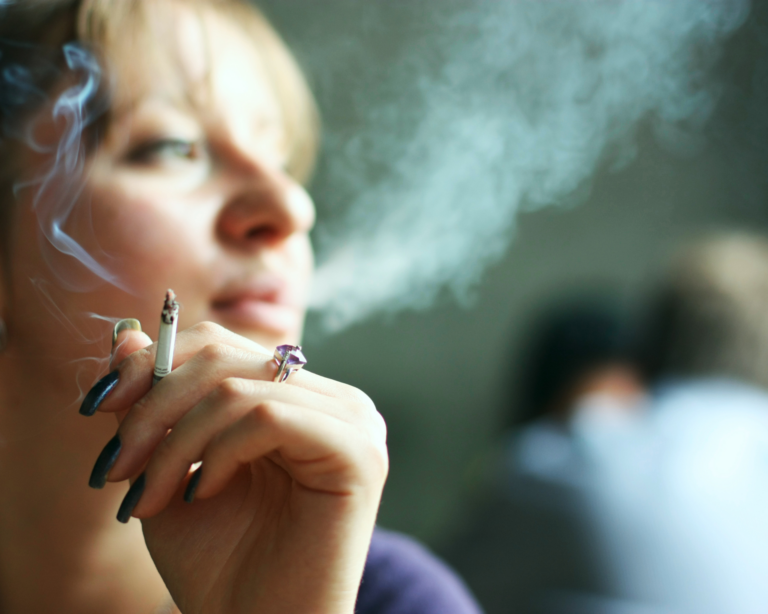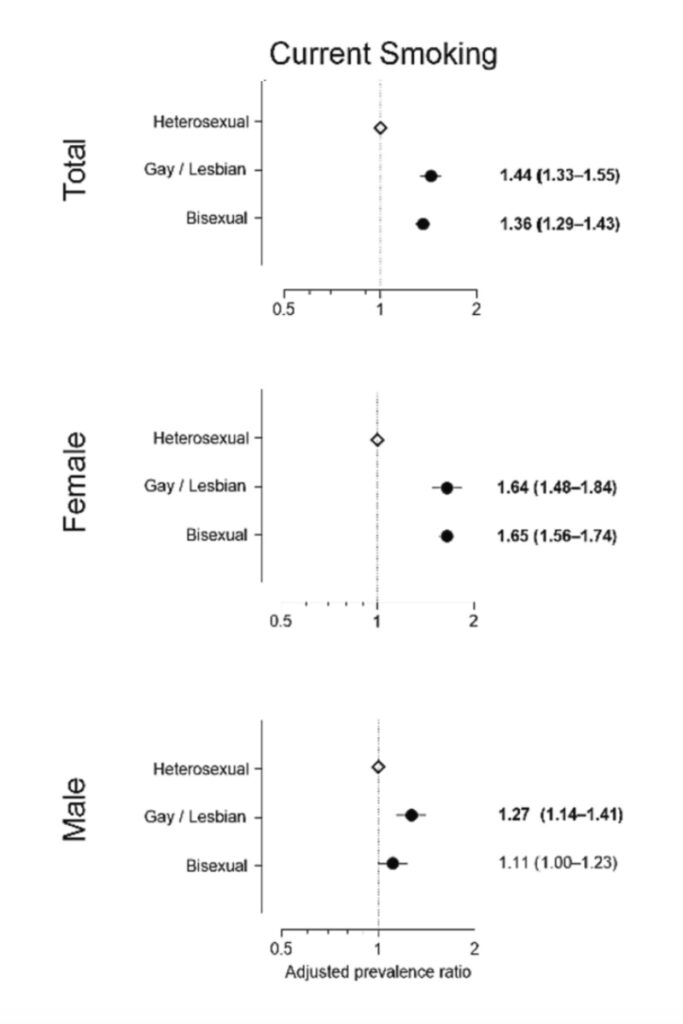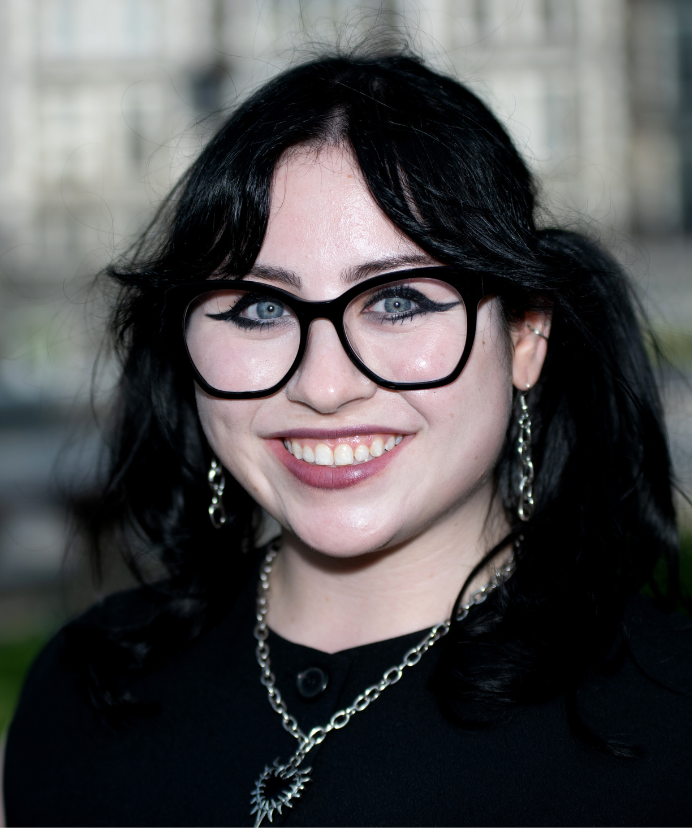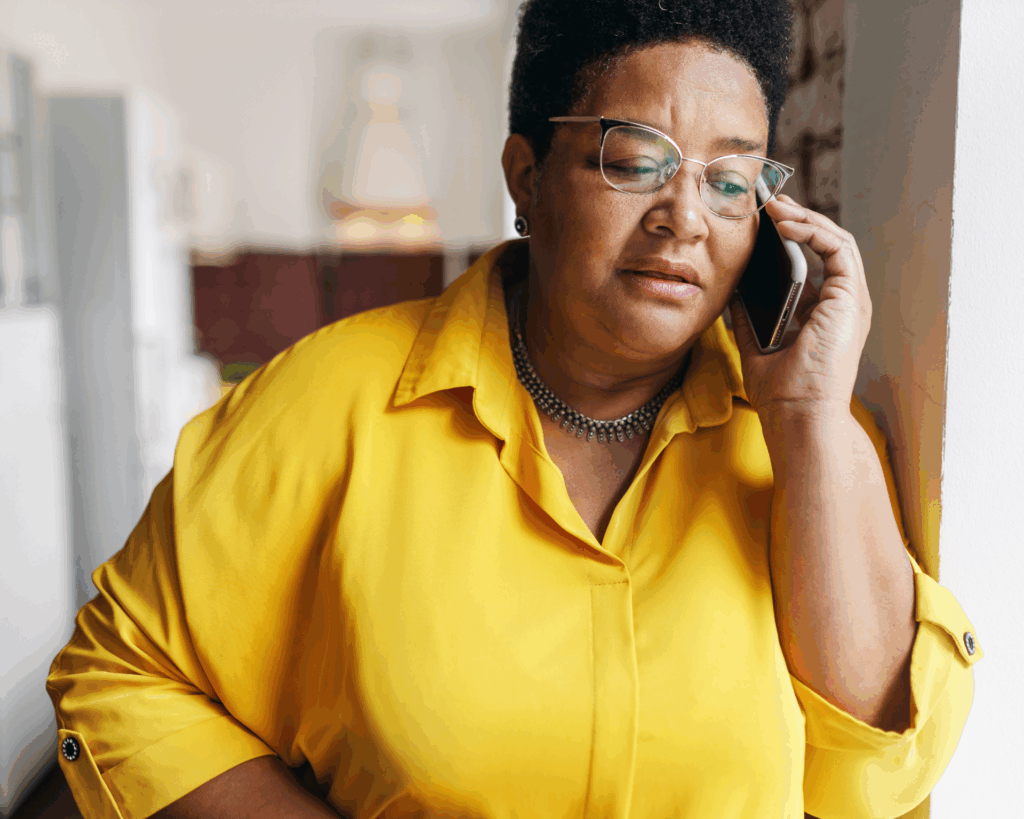Smoke Signals: Biological Sex and Sexuality
While smoking has consistently declined, the number of gay, lesbian, and bisexual females who smoke is higher than their straight counterparts.

Read Time: 2 minutes
Published:
Cigarette smoking among Americans has quietly but persistently declined over the past 30 years. Still, lesbian, gay, and bisexual people are more likely to smoke cigarettes than straight people. Many LGB smokers report smoking menthol cigarettes, whose flavoring makes them harder to quit than other cigarette types.
While the relationship between sex and smoking has been well studied in straight individuals, it is not well understood among queer people. Ollie Ganz and coauthors examined data collected by the National Survey on Drug Use and Health to study the role of biological sex and sexuality in individuals’ ability to quit smoking.

The graphs to the right show the difference in the number of current smokers across sexes and sexualities. The number of lesbian, gay, and bisexual females was over 1.6 times that of straight females. Compared to their straight counterparts, lesbian and bisexual females show higher rates of smoking than gay and bisexual males. This means that queer females lag behind in quitting smoking.
Other researchers have studied the link between biological sex and smoking habits. While more males use tobacco products than females, females generally are less likely to quit smoking than males; the sexes also tend to be more responsive to different methods of quitting.
The social stigma and discrimination that come with being in a sexual minority may drive queer people to smoke. Additionally, the role of nightlife in the LGBTQ+ community may promote their use of alcohol, drugs, and cigarettes. Finally, tobacco companies have a long history of marketing towards the queer community. Project SCUM (Subculture Urban Marketing) is among many of the tobacco marketing campaigns that equate cigarette smoking with freedom and choice.
Ganz and colleagues urge anti-smoking campaigns to tailor their messages towards the LGBTQ+ community, specifically lesbian and bisexual females.



